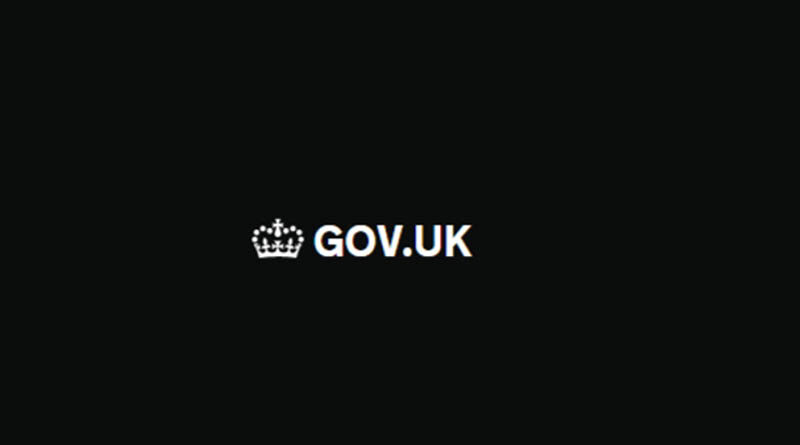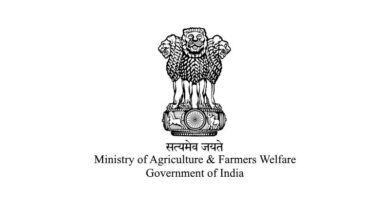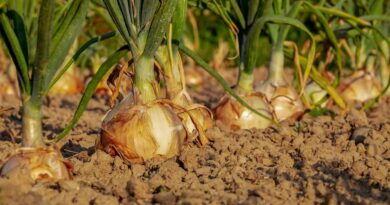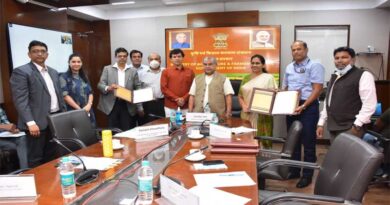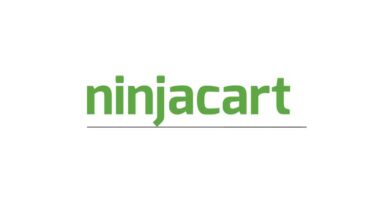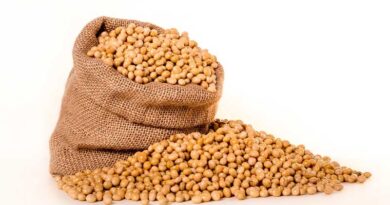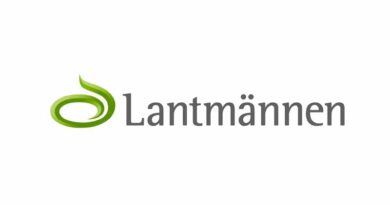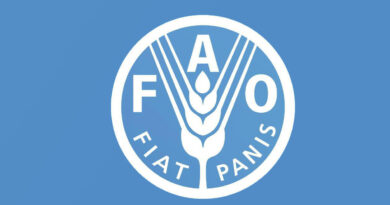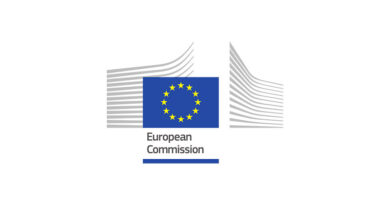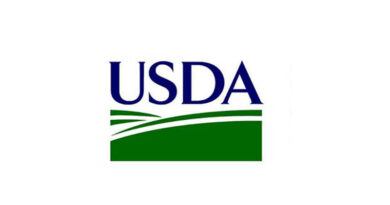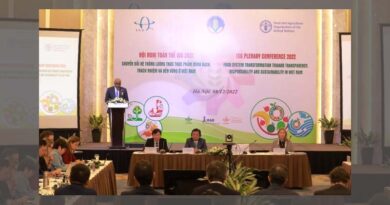New labelling to fly the flag for our farmers and give shoppers better information
14 September 2021, UK: Now we have left the EU consumers will be able to have clearer information on labels so they can make more informed choices about the food they eat. This could help them to better identify and support high welfare standards or more easily choose to buy products from British farmers and producers.
Also Read: Dr. Pramod Kumar Meherda IAS appointed as Joint Secretary Plant Protection
To ensure the public can shape this potential new system so it is simple, cost-effective for businesses and supports the environment, the Government is launching a new Call for Evidence to seek their views. By doing so this work will gather information on the potential scope, regulation, format, and enforcement of a new labelling scheme, as well as the actual welfare standards that might underpin it, building on the existing voluntary assurance schemes in the UK.
Environment Secretary George Eustice said:
British farmers produce food to an exceptionally high standard of animal welfare, and consumers have come to expect nothing less.
Now that we have left the EU, we have an opportunity to look at food labelling – and whether the information that we give to shoppers helps them make informed choices.
This call for evidence is a first step in ensuring that we fully meet consumers’ needs, and fly the flag for the high standards for which our farmers are renowned.
The Call for Evidence builds on commitments made during the passage of the Agriculture Act 2020, and our commitment to examine what can be done through labelling to promote high animal welfare and food standards.
The labelling for animal welfare Call for Evidence will be open for 12 weeks. All evidence will be used to inform any future policy proposals on labelling for animal welfare, and will also feed into a wider review of food labelling to inform the UK Government’s Food Strategy White Paper. Any future policy proposals will be subject to further consultation. It relates to England, Wales, and Northern Ireland.

